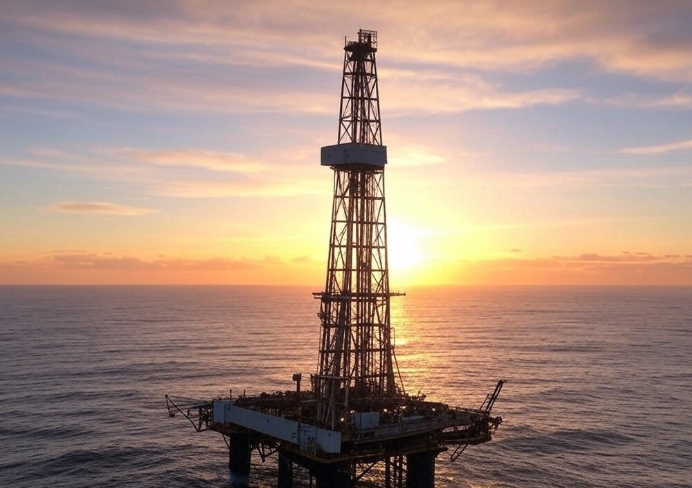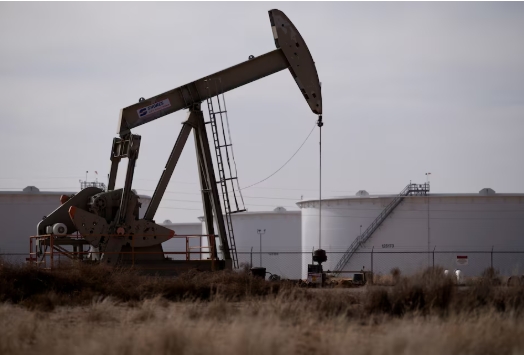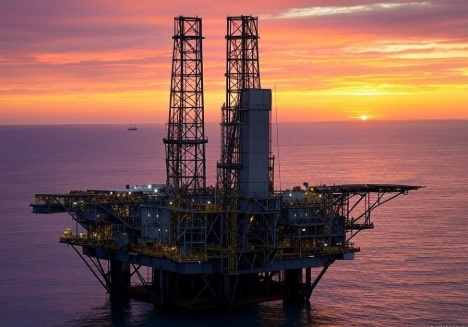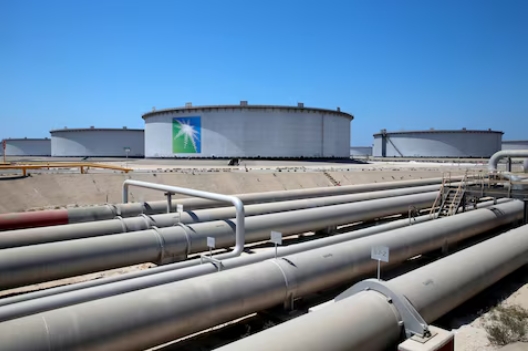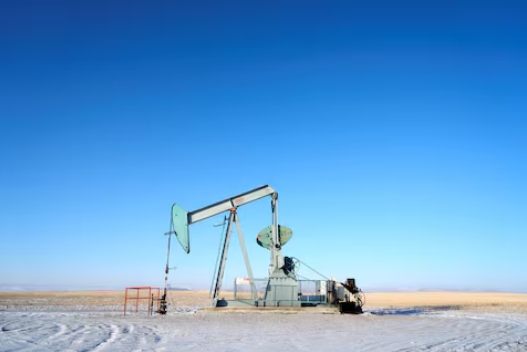South Africa’s power utility, Eskom, announced that Unit 2 at the Kusile Power Station has attained commercial operation status.
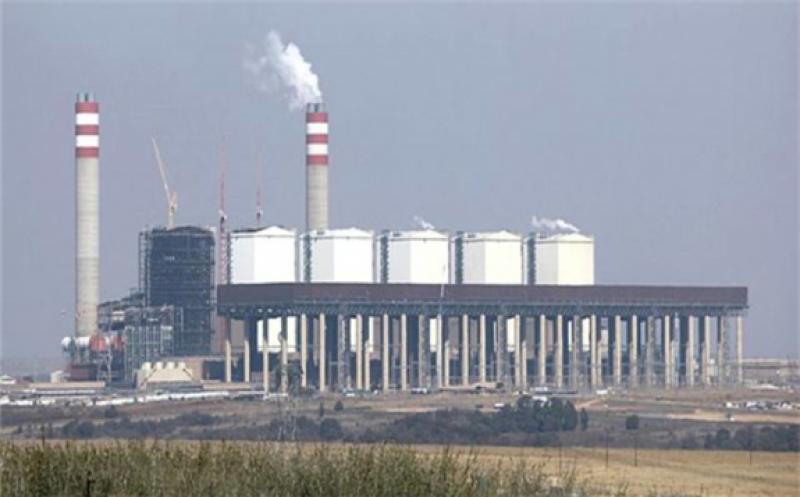 Unit 2 at the Kusile Power Station has attained commercial operation status. Image: Wikipedia.
Unit 2 at the Kusile Power Station has attained commercial operation status. Image: Wikipedia.
This means the unit officially moves to being part of Eskom’s generation fleet, contributing up to 800MW to the South African power grid, from project status where it has been tested over the past 16 months.
“The commercial operation of Unit 2 is a major milestone that signifies the progress being made by Eskom towards the completion of the Kusile Build Project, on which lie the nation’s best hopes to bring stability and ensure security of electricity supply to power the South African economy,” said Bheki Nxumalo, Eskom’s group executive for capital projects.
This becomes the second unit at Kusile to enter commercial operation, with Unit 1 having attained commercial operation status in 2017. According to Eskom, the construction, testing and optimisation activities on the remaining four units, some of which are currently providing intermittent power to support the grid, is progressing well.
Eskom explained that commercial operation status ensures technical compliance to statutory, safety and legal requirements. This significant and major milestone marks the contractual handover of the unit from the principal contractors under the group capital build project unit to the generation division.
“Eskom is proud of its team at Kusile who have delivered this second unit with extreme dedication, and working under challenging conditions during periods of loadshedding and the COVID-19 restrictions. The team has worked hard for long hours together with execution partners to ensure that testing activities are done thoroughly and successfully,” reads a company statement.
Kusile is the first power station in South Africa and Africa to use wet flue gas desulphurisation (WFGD) technology. WFGD is the current state-of-the-art technology used to remove oxides of sulphur (SOx), for example, sulphur dioxide (SO2), from the exhaust flue gas in power plants that burn coal or oil.
Eskom is fitting WFGD to the Kusile plant as an atmospheric emission abatement technology, in line with current international practice, to ensure compliance with air quality standards.
